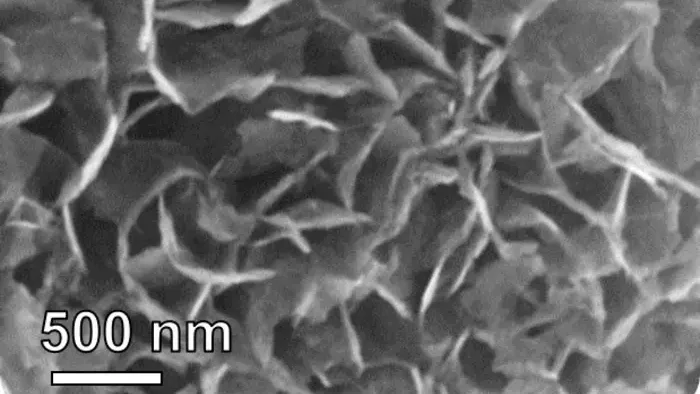Long-term yoghurt consumption tied to decrease in type of colorectal cancer

Mass General Brigham researchers found that consuming two or more servings of yogurt per week was associated with 20% lower rates of Bifidobacterium-positive proximal colon cancer.
AI melds scans and patient notes to predict cancer prognoses and treatment responses

Stanford University researchers have developed a foundation model that outperforms traditional methods across 16 cancers, enhancing personalised prognoses and treatment decisions.
Eating fibre alters gene function giving anti-cancer effects

Stanford University researchers discover fibre diets generate short-chain fatty acids via the gut microbiome, producing epigenetic modifications in cells.
Molecular switch reverts cancer cells to normal cells

Scientists at KAIST, South Korea, harness a digital twin to help reprogramme cancer cells into healthy-like cells, heralding a new wave of therapy.
Can drinking coffee or tea help prevent head and neck cancer?

A collection of studies reveal that coffee and tea consumption may influence different head and neck cancer risks.
Light-induced gene therapy disables cancer cells’ energy centre

Scientists at Ohio State University have sabotaged cancer cell mitochondria using electrical charges from a light-induced protein.
New CRISPR toolkit to allow remote-controlled ultrasound gene editing

Researchers at the University of Southern California in the United States have developed a controllable ultrasound CRISPR technique enabling targeted immunotherapy interventions against tumours.
Researchers discover why mushroom supplement slows prostate cancer

Researchers at City of Hope in the United States have found that mushroom supplements reduce immune cells linked to prostate cancer progression.
Research shows caterpillar fungus can slow down growth of cancer cells

Scientists at the UK’s University of Nottingham have discovered how caterpillar fungus compound cordycepin interrupts cancer cell growth by interacting with genes.
Detecting evidence of lung cancer in exhaled breath

Researchers at Zhejiang University in China have developed ultrasensitive nanoscale sensors that detect lung cancer through exhaled breath analysis.
